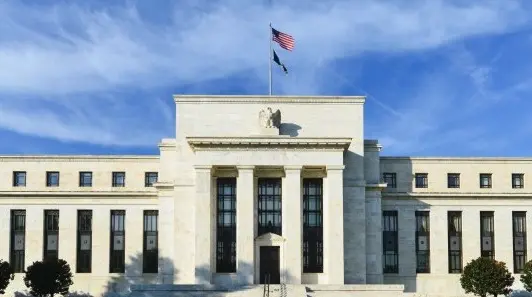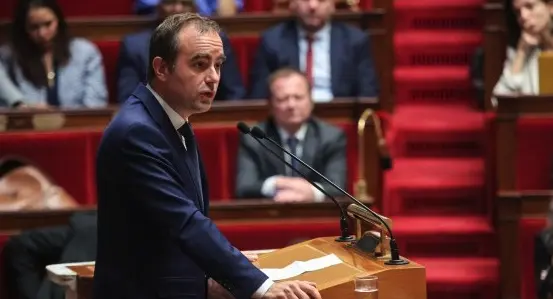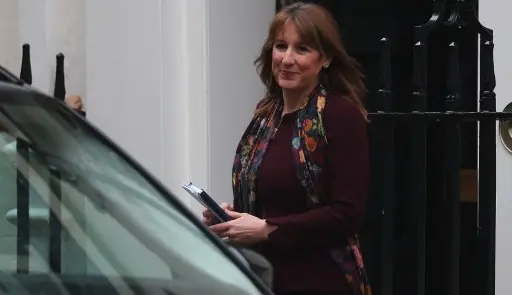EUR: Dining out on the softer dollar
There is no eurozone data of note today and the focus will be on ECB speakers. Here, Isabel Schnabel is speaking at 1230CET on the subject of: 'Europe Reimagined: The Path to Empowerment'. This sounds like a global euro kind of speech with a call for particular European politicians to reduce fragmentation in the eurozone and pursue policy reforms. We discussed that topic in detail this summer.
We're happy that EUR/USD is trading closer to 1.16 than 1.15, but will probably require some softer US data to justify a move well above 1.16 now.
GBP: Downside risks
EUR/GBP is trading back above 0.88 again after yesterday's release of surprisingly soft September unemployment data in the UK. Even though there are widespread doubts about the quality of the Labour Force Survey data (this survey was briefly suspended in 2023 to reassess its quality), sterling has failed to reclaim its losses.
A further negative today is news that PM Starmer could face a leadership challenge after the budget later this month. Even though Starmer's approval ratings are very poor, his removal would create some doubt about the future of Chancellor Rachel Reeves and add some risk premium to UK asset markets. Sterling already has enough negative news from the tighter fiscal/looser monetary policy story to keep it weak. But political noise could push EUR/GBP to new highs for the year in the 0.8870/8900 area.
HUF: The market absorbs a higher public finance deficit
Yesterday's inflation in Hungary was slightly lower than expected, at 4.3% versus 4.5% expected, confirming the downside risk of a stronger HUF. Detailed figures show some stagnation, but it is still not a success story. Core inflation, on the other hand, jumped from 3.9% to 4.2%, above the central bank's tolerance band, which will have to wait longer before returning to rate cuts. In the base case scenario, we expect rate cuts only in the second half of the year, but stronger FX and rate cuts by other central banks increase the risk of an earlier rate cut.
The market accepted inflation with the expected dovish movement in rates, but this was quickly overshadowed by the government's announcement of an increase in the public finance deficit. This year's deficit was revised from 4.3% to 5.0% of GDP and for next year from 3.7% to 5.0% of GDP. The market reacted by steepening the curve, which increases the term premium at the long end of the curve and bonds in particular came under pressure. On the other hand, it seems that the market was expecting some such move and given the extent of the deficit revision for next year, the reaction does not seem so serious. However, we will see how the market absorbs the news today after the US market returns from the holidays and more steepening is likely.
EUR/HUF bounced up from its current lows by 0.5% but the forint erased some of the losses yesterday. This confirms our view that, to a large extent, additional spending was expected by the market before the April elections. At the same time, it suggests that this will not change the current long market view. FX thus appears to be a safer place than fixed income in the current environment, and we will likely remain at current levels below 386 EUR/HUF.
This publication has been prepared by ING solely for information purposes irrespective of a particular user's means, financial situation or investment objectives. The information does not constitute investment recommendation, and nor is it investment, legal or tax advice or an offer or solicitation to purchase or sell any financial instrument. Read more (link to: https://think.ing.com/about/content-disclaimer/).

















































































